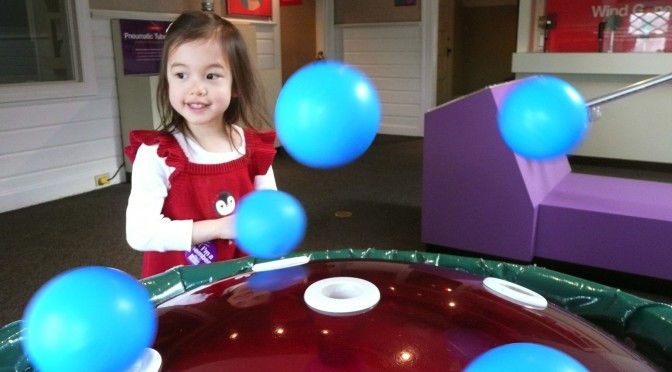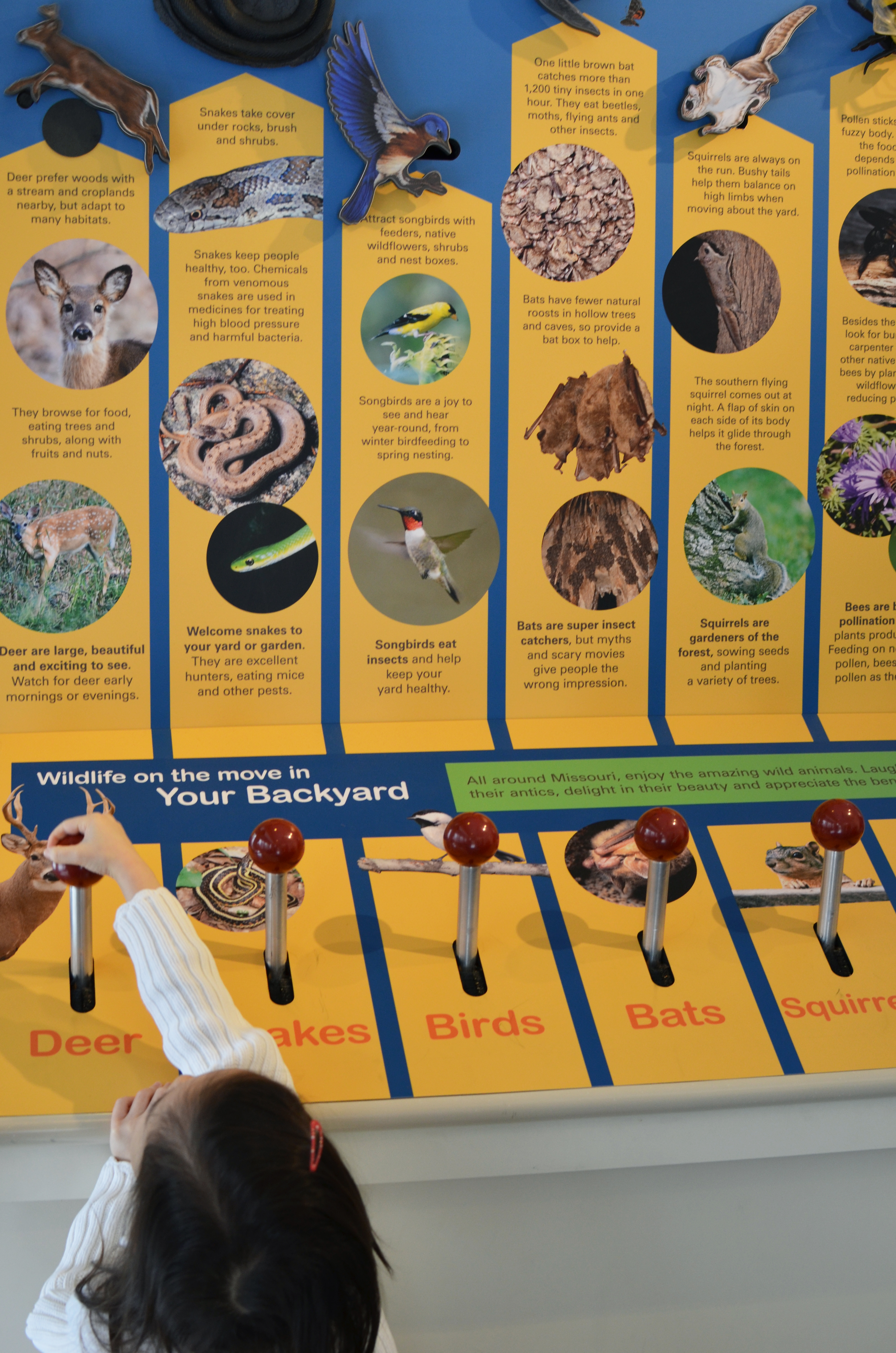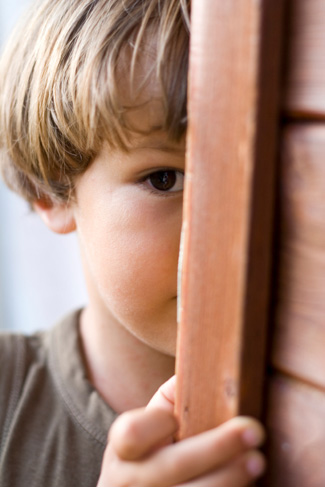Do you have a drawer or folder filled with membership cards to art museums, history museums, children’s museums, zoos, aquariums, and botanical gardens? If your workplace offers at matching gift program, have you had your donations matched and subsequently you have been bumped up to the next donor level with increased donor benefits?
If yes, you are sitting on a budget friendly way to visit museums and other cultural destinations throughout North America for free or at a discounted price. Many cultural institutions offer patrons who give at a certain level access to reciprocal admission programs of the North American Reciprocal Museums, the Association of Children’s Museums, and more.
Here’s how to discover your discounts:
1. Check your current membership of your local museum, zoo, aquarium, or botanical garden. At your donor level, are you eligible for any reciprocal benefits? This information can usually be found on your local cultural institution’s donor benefits web page or contact the organization’s development office.
2. If yes, visit one of these web sites to view the reciprocal admissions participants list and what kind of discounts are offered. Typically, organizations offer admission, gift shop, parking, audio guide, or tram tour discounts. Be sure to note any restrictions, especially for number of admissions, special exhibitions, and distance from your hometown.
* Association of Children’s Museums
* North American Reciprocal Museums
* Association of Science and Technology Centers (i.e. science related museums)
* Time Travelers Program: Reciprocal Benefits at History Museums
* American Horticultural Society Reciprocal Admissions Program
* Association of Zoos and Aquariums
3. Contact the cultural organization you plan on visiting to confirm reciprocal benefits.
4. Remember to bring your membership card with you on your trip.
5. Have fun exploring with your family!
6. Although you may have gotten in for free with your reciprocal benefit, consider making a small contribution, eat in the museum’s cafe, or buy something in the gift shop. Most of these nonprofits run a very tight ship administratively, so every penny counts in helping them thrive. Be sure to talk to your kids about the whys of donating.













